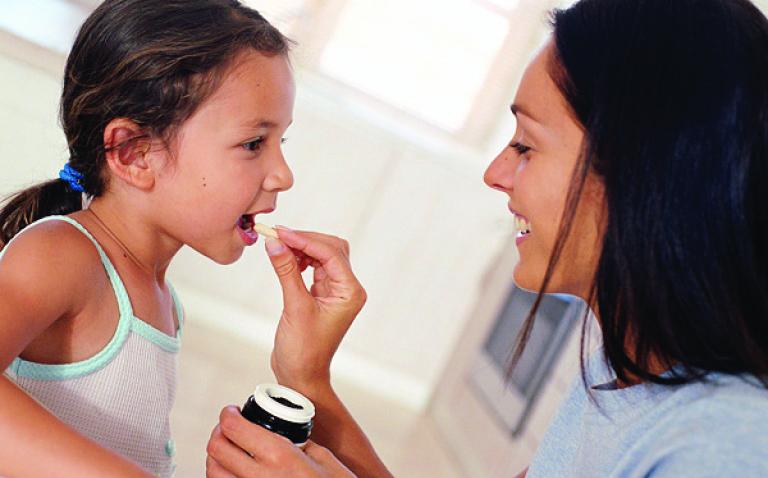Hospital chiefs have been told to avoid decorating children’s wards with images of clowns as they are more likely to frighten young patients than cheer them up.
Researchers from the University of Sheffield questioned more than 250 children aged between four and 16, and found that all of them disliked clowns as part of hospital decor.
And the study, which was published in Nursing Standard magazine, found that even the oldest children said that such images were scary.
The children were questioned as part of the Space to Care study which aims to improve hospital design for children.
Penny Curtis, a senior lecturer in research at the university, said: “As adults we make assumptions about what works for children.
“We found that clowns are universally disliked by children. Some found them frightening and unknowable.”
She said that children preferred colourful spaces and references to contemporary culture, and added that young people should be consulted over the design or change of hospital environments.
Marjorie Gillies, a senior nurse at the Royal Hospital for Sick Children in Glasgow, said: “We found that having clowns and decorations everywhere is too much. We have gone back to plain walls with areas decorated appropriately.”
Copyright © PA Business 2008
Your comments: (Terms and conditions apply)
“So much emphasis placed on one limited study. AND placed on the circus image of the clown. What about placing some focus on the exponential growth of clown-doctoring in hospitals and care facilities around the world. These clowns don’t dress in gaudy and frightful fashion, however they do invoke great amounts of levity in environments that often are sorely lacking in them, and there are several papers discussing the widely acknowledged benefit of the clown doctors’ presence and interaction in the healing environment, not to mention the well accepted notion that laughter is medicine. The study, mentioned quite frequently since it was published in the past few weeks, only addresses one aspect of clowns. A slightly narrow viewpoint.” – Name and contact details supplied










